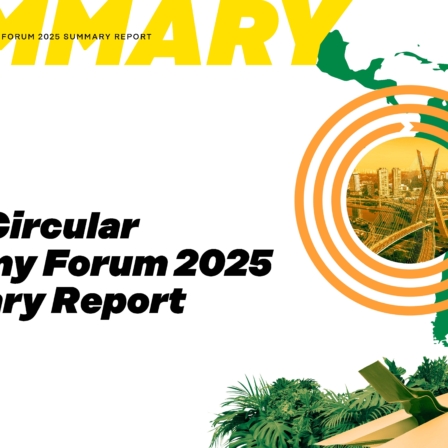In its investment strategy, Ilmarinen emphasises responsibility when it comes to climate matters. The most effective way to reduce the carbon footprint of its investment portfolio is to actively influence the operations and strategic policies of target companies.
Ilmarinen Mutual Pension Insurance Company has made environmental and social sustainability and the principles of good governance an integral part of its investment strategy. One of the key goals is to reduce the climate impact of its investments. To this end, Ilmarinen commissioned an outside consultant last year to calculate the carbon footprint of its equity investments.
“We wanted more information on the climate impacts and related risks of our investment portfolio. On the other hand, we wanted to live up to the expectations of our stakeholders and talk about the climate impacts of our investments,” explains Tiina Landau, Senior Advisor, Responsible Investments at Ilmarinen.
The calculation resulted in Ilmarinen’s decision to divest from a few of its industrial companies which produced a high level of emissions. Investments in China will also be made with a more critical eye on the future, as a large portion of the electricity in the country is still produced using coal. “Ilmarinen no longer has any investments in companies based entirely on coal. In recent years, these companies haven’t represented attractive investments, not even financially,” says Landau.
Up-to-date information on carbon footprints
Ilmarinen plans to assess the carbon footprint of its investment portfolio on an annual basis. Climate matters are one part of responsible investment, which is a key element of Ilmarinen’s strategy. In addition to financial considerations, attention is also paid to social, good-governance and environmental considerations when making investment decisions. Using sustainability ratings, Ilmarinen’s investment professionals have constant access to up-to-date information on the sustainability status of target companies, such as in climate matters.
“The ratings help portfolio managers analyse at what level the companies we own are in terms of sustainability, as well as to weigh up potential risks.”
Investors moving to low-carbon investments
Like Ilmarinen, many institutional investors have in recent years divested from investments that are heavy polluters, particularly coal producers and coal-dependent power companies.
Investors also avoid companies with large, untapped reserves of fossil fuels. Revenue to be earned from underground reserves will be affected by the fact that emission-causing forms of energy will be subject to increasingly heavy fees in the form of taxes and emissions trading.
Correspondingly, portfolio managers are looking for companies whose products or services promote climate change prevention. Potential investments are sought, for example, in renewable energy sources or companies focused on improving energy efficiency.
Shareholders have influence
In Tiina Landau’s opinion, the most effective way to reduce climate impacts is to influence the strategic policies and business operations of target companies. “If an investor sells their shares, they will no longer have a say in the company.”
Ilmarinen is a major shareholder in many listed Finnish companies, with which sustainability issues are being discussed. Ilmarinen also works in co-operation with many other international investors that are interested in climate matters. One way to exert influence is a joint investor letter stressing responsible business practices. Ilmarinen has sent these letters to companies in the automotive and power industries, together with other Nordic institutional investors.
Attitudes towards responsible investment vary widely from country to country. Nordic institutional investors have set the tone by investigating the carbon footprint of investments and exerting influence to reduce the emissions of their investments. Tiina Landau believes that the public debate on climate change and other sustainable development themes will increase the popularity of responsible investment in the future: “Companies acting responsibly are generally better at managing risk than others, thus generating more stable returns for the investor in the long run.”
Text: Matti Remes
What can you do yourself?
Sitra has put together a toolkit for companies (in Finnish only). It covers operational areas that are key to achieving carbon neutrality: strategy, leadership and culture, new business opportunities and carbon efficiency. The toolkit presents companies with information on the benefits of carbon neutrality by offering ideas, models and examples of methods which some companies have already used to come up with successful solutions. You can use these tools to set your business on the road to cleaner solutions and carbon neutrality, thus maintaining your competitiveness.
Download the toolkit (PDF, in Finnish) to your own computer or view it directly on our website. When you open the PDF version in Adobe Acrobat Reader, you will be able to navigate by clicking on the content and sections you want to read more about. You can also move forwards and backwards using the arrow buttons if you wish to read the entire document.





























Recommended